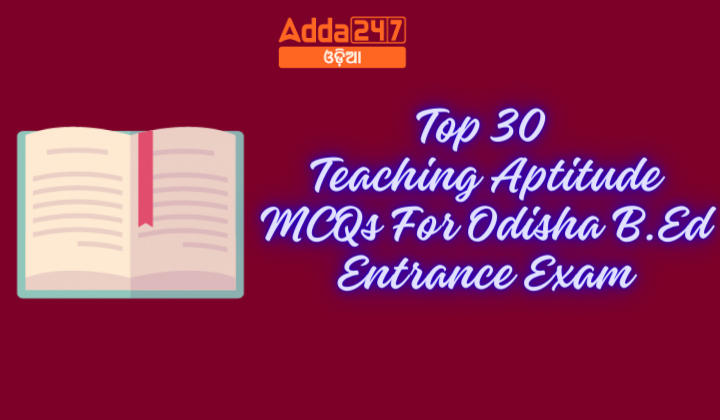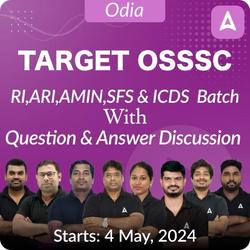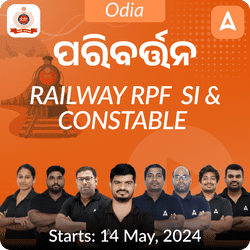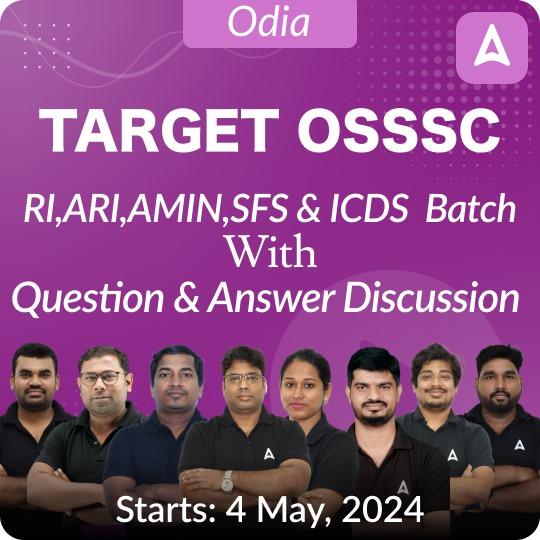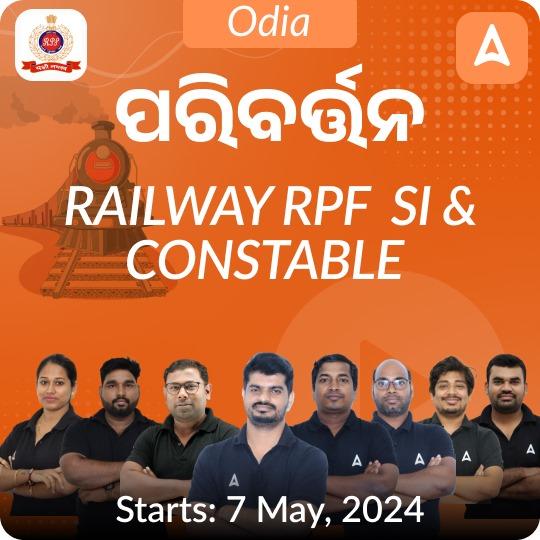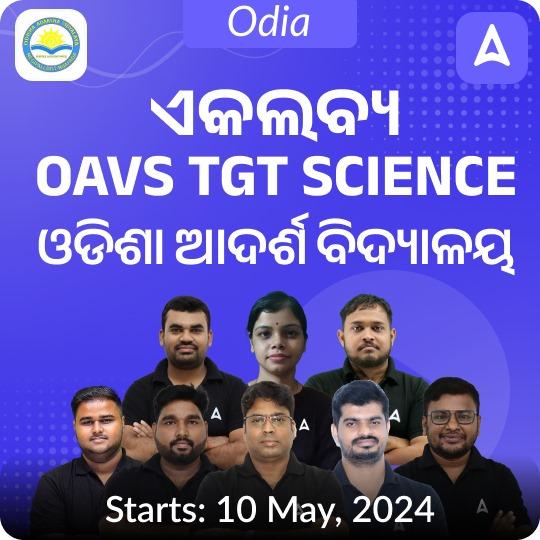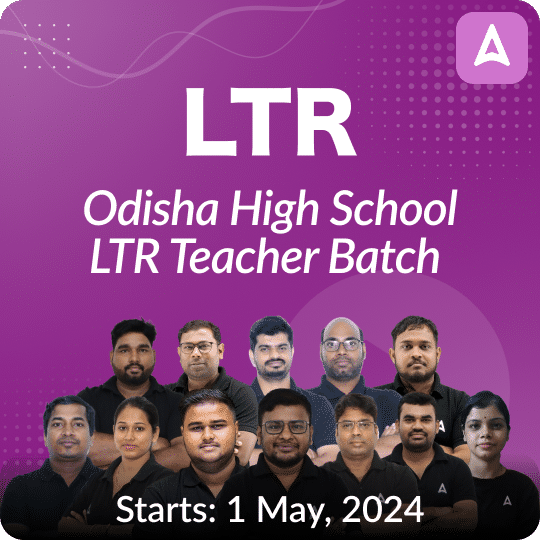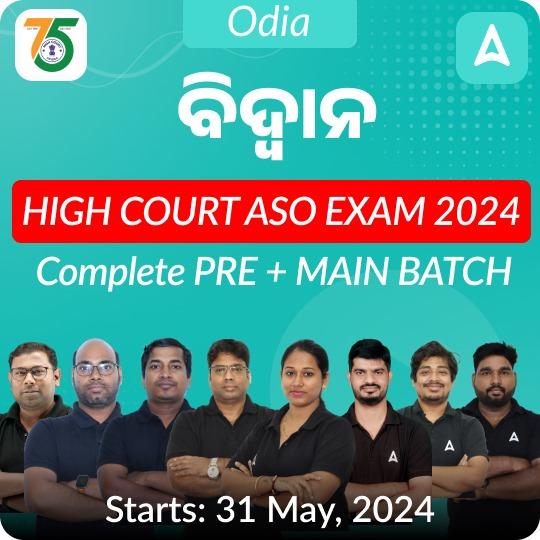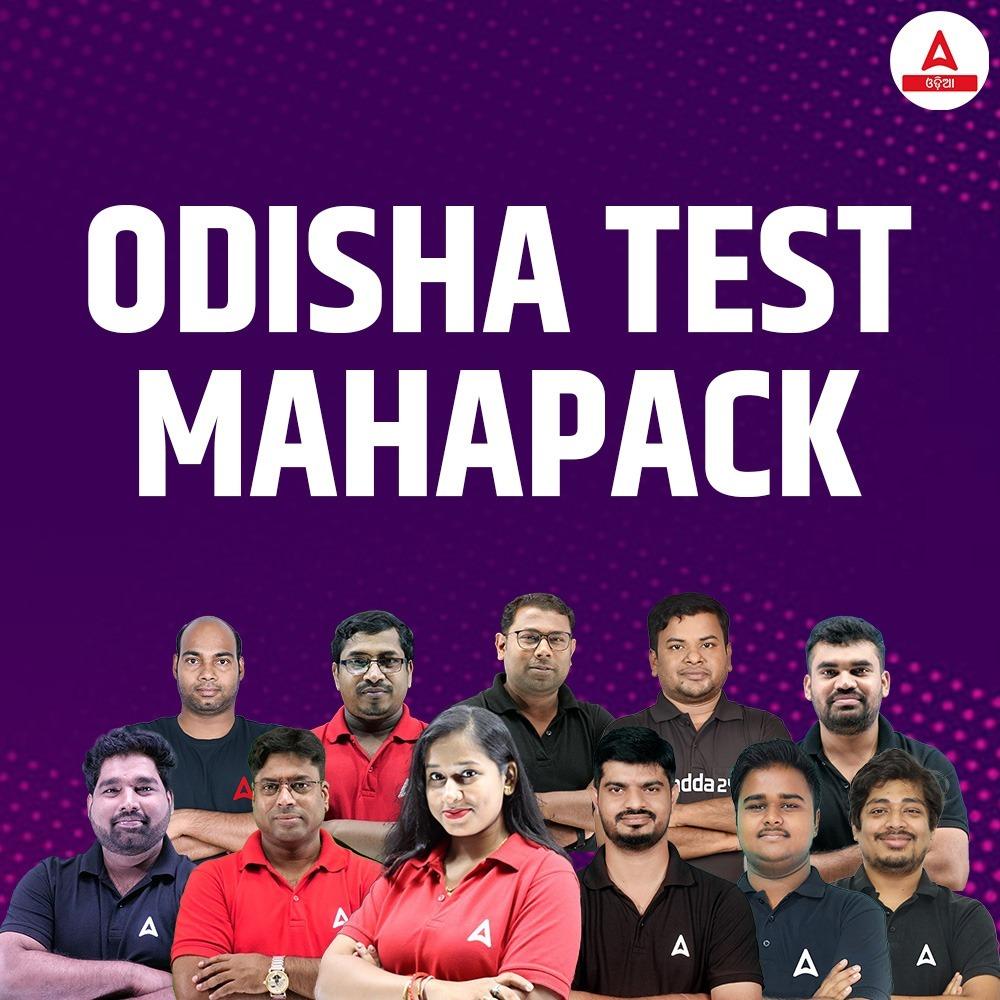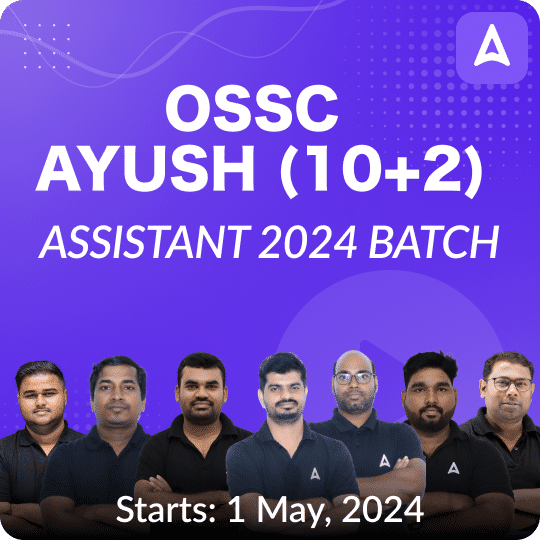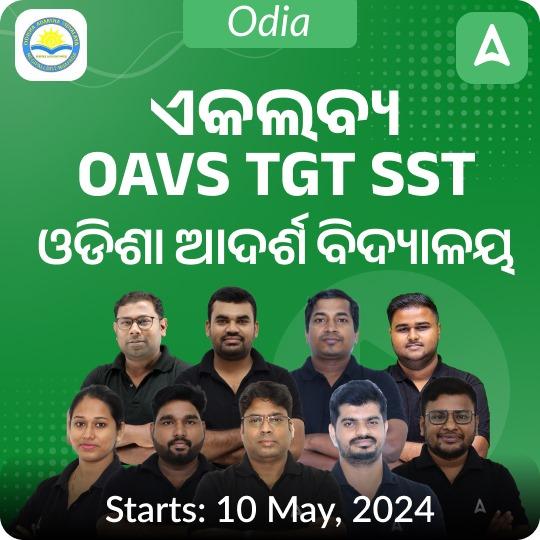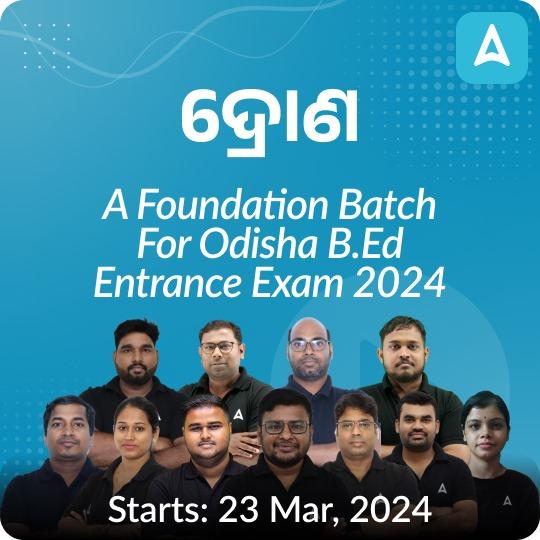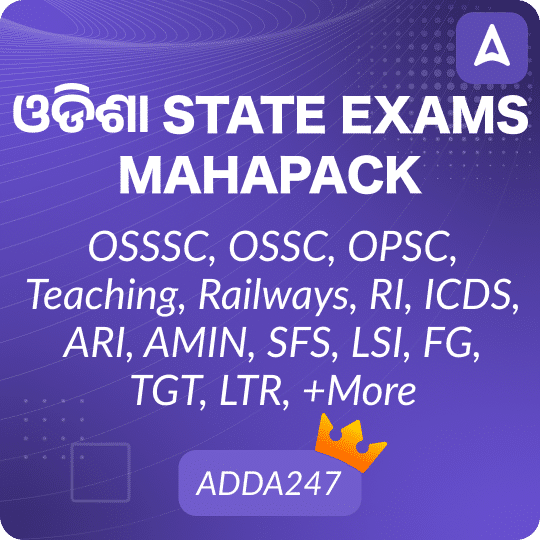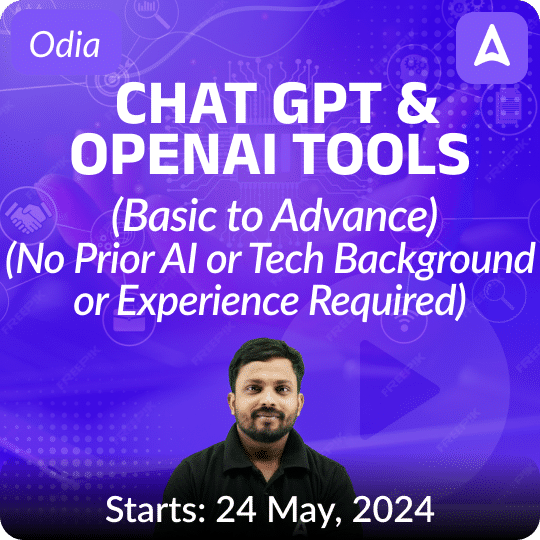Preparing for the Odisha B.Ed entrance exam requires a thorough understanding of teaching aptitude. Here are 30 multiple-choice questions (MCQs) that will help you assess and improve your teaching aptitude skills. These questions cover various aspects of teaching aptitude, including classroom management, educational psychology, instructional strategies, and assessment methods. Reviewing and understanding these concepts will help you prepare effectively for the Odisha B.Ed entrance exam.
Top 30 Teaching Aptitude MCQs For Odisha B.Ed Entrance Exam
- On which list is education in the Indian Constitution?
a) Central list
b) Concurrent list
c) State list
d) None of the above lists
ANSWER: b) Concurrent list
Education, including technical education, medical education and universities, vocational and technical training of labour, is on this list. - Computer Assisted Instruction is based on ________ principle.
a) Classical Conditioning
b) Operant Conditioning
c) Pavlovian Conditioning
d) Respondent Conditioning
e) Sender Conditioning
ANSWER: b) Operant Conditioning
The use of computers in education started in the 1960s. - Which of the following is Doordarshan’s Educational Television Channel?
a) Gurukul
b) Gyan Bharati
c) Gyan Darshan
d) Vidya
ANSWER: c) Gyan Darshan
Gyan Darshan was launched on January 26, 2000. - Which of the following affects an individual’s development at a given time?
a) Their experiences
b) Interaction of nature and nurture
c) Inherited potentialities
d) Social pressure on the individual
ANSWER: b) Interaction of nature and nurture
The process of early brain development is constantly modified by environmental influences. - For __________, ‘Experimentation’ is the standard procedure to know the truth.
a) Public Administration
b) Geography
c) Archaeology
d) Science
ANSWER: d) Science
The purpose of an experiment is to determine whether observations agree or conflict with the predictions derived from a hypothesis. - The _____ amendment added “Fundamental Duties” to the Constitution of India.
a) 42nd Amendment
b) 54th Amendment
c) 83rd Amendment
d) 93rd Amendment
ANSWER: a) 42nd Amendment
The “Fundamental Duties” were added by the 42nd Amendment in 1976. - Cause and effect relationships are studied by _____ studies.
a) Clinical
b) Comparative
c) Developmental
d) Experimental
e) Objective
ANSWER: d) Experimental
A cause-effect relationship is a relationship in which one event (the cause) makes another event happen (the effect). - The development of a student’s personality is affected the most by __________.
a) Discipline at institute
b) Emotional climate at home
c) Inherited assets and liabilities
d) Social orientation of peers and elders
ANSWER: b) Emotional climate at home
Feelings of physical safety and emotional security are vitally important for the development of a student. Students feel free to express themselves and explore their physical, intellectual, and social environments when these are present. - Which of the following situations would be best for maximum transfer of learning?
a) Different tasks requiring different responses
b) Different tasks requiring the same response
c) Similar tasks requiring different responses
d) Similar tasks requiring the same response
ANSWER: b) Different tasks requiring the same response
The behavioral approach to transfer is based upon the issue of similarities and differences in learning and the transfer situation. - Which one of the following is the most important element in teaching?
a) Relationship between teachers and students
b) Subject matter
c) Teaching techniques and aids used
d) Student’s knowledge
ANSWER: a) Relationship between teachers and students
Improving students’ relationships with teachers has important, positive, and long-lasting implications for students’ academic and social development. - You want to ensure the participation of more students in class. Which of the following methods of teaching would you adopt?
a) Demonstration
b) Discussion
c) Recitation
d) Role-play
ANSWER: b) Discussion
Using discussions as a primary teaching method allows you to stimulate critical thinking. - To make learning effective, a goal must be meaningful in terms of ______?
a) Objectives of the curriculum
b) Intellectual ideas
c) Standards of others
d) The needs and purposes of students
ANSWER: d) The needs and purposes of students
Teachers create learning environments where students are active participants as individuals and as members of collaborative groups. - Which of the following items of information are important about students to motivate them for studies?
a) Learning style
b) Personality
c) Socio-cultural background
d) All of the above
ANSWER: d) All of the above
Learning styles in education are the systematic differences in individuals’ natural or habitual patterns of acquiring and processing information in learning situations. Openness, carefulness, and agreeableness are some of the personality traits. - ________ is the process in which you identify the common aspects or basic relationships in a variety of specific situations?
a) Abstraction
b) Generalization
c) Problem Solving
d) Reasoning
ANSWER: b) Generalization
A generalization of a concept is an extension of the concept to less-specific criteria. It is a foundational element of logic and human reasoning. - If you want to improve the ability to observe in children, which of the following would you recommend?
a) Generating interest in the subject
b) Developing a framework for experiences
c) Sharpening the senses
d) Training mental faculties
ANSWER: d) Training mental faculties
The mind consists of ‘Faculties’ such as memory, observation, perception, reasoning, will, judgment, etc. - _______ is the apex institution involved in the planned and coordinated development of the teacher education system in the country.
a) UGC
b) NCERT
c) NCTE
d) XSEED
ANSWER: c) NCTE
The National Council for Teacher Education (NCTE) came into existence as a statutory body on August 17, 1995. - What makes an adolescent revolt against authority?
a) He thinks that he is mature enough
b) His want for recognition and independence of thought and action
c) He thinks that he is intelligent enough
d) He believes that he does not need any advice
ANSWER: b) His want for recognition and independence of thought and action - You want to develop cooperation and team spirit in students? Which activities would you propose?
a) Art
b) Debate
c) Project work
d) Quiz
ANSWER: c) Project work
Cooperative learning methods are one of the examples of group activities involving teamwork. - What is the main purpose of punishment for students?
a) Demonstrate authority
b) Protect others from doing the same
c) Reform the offender
d) Retaliate for the wrong that has been done
ANSWER: c) Reform the offender
It is a form of moral education. The offender is punished so that he will learn that what he did was wrong and apply this lesson to his life in the future. - Why is environmental awareness necessary at all stages of education?
a) Important for human survival
b) Environment varies from region to region
c) Man must control and change the environment
d) None of the above
ANSWER: b) Environment varies from region to region
Environmental awareness is understanding the fragility of our environment. - “Recall the face of the poorest and weakest man whom you may have seen, and ask yourself, if the step you contemplate is going to be of any use to him”. Who said these lines?
a) Lal Bahadur Shastri
b) Sardar Vallabh Bhai Patel
c) Mahatma Gandhi
d) Zakir Husain
ANSWER: c) Mahatma Gandhi
It is one of the last notes left behind by Gandhi in 1948. - Having a variety of question sets in a question paper increases its __________
a) Objectivity
b) Reliability
c) Validity
d) Difficulty
ANSWER: b) Reliability. The technical definition of “reliable” in education assessment is the extent to which a candidate would get the same test result if the testing procedure was repeated. - ______ is the quality of a good teacher.
a) Control over emotions
b) Good command over the subject
c) Physical strength
d) Sense of humour
ANSWER: b) Good command over the subject
Teachers with a strong understanding of the subject produce successful students. - Which of the following is true about the ways of learning for students?
a) Speed of learning is same for all students
b) Each child has a unique learning style
c) Children follow the way other students learn
ANSWER: b) Each child has a unique learning style
Learning styles in education are the systematic differences in individuals’ natural or habitual pattern of acquiring and processing information in learning situations. - How should a teacher be related to his peers?
a) Should copy other teacher’s style
b) Follow independent views
c) Should not intervene in other’s work
d) Suggest each other the effective ways to teach
ANSWER: d) Suggest each other the effective ways to teach
It may be worthwhile to talk to a more experienced colleague and exchange tips. - A teacher should encourage the students to _____________________________.
a) Score best grades in the class
b) Improve their own capabilities
c) Obey teacher’s command ANSWER: b) Improve their own capabilities
Encouraging students to enhance their own skills fosters independence and personal growth. - How can a teacher develop creativity in himself and the learners?
a) By giving new up-to-date information
b) By playing thought-provoking games
c) By praising any creative work
d) Set new tasks
ANSWER: b) By playing thought-provoking games
Games and simulations enable students to solve real-world problems in a safe environment. They make the students learn practical aspects of worldly things. - What is the best way for a teacher to resolve the problems in a class?
a) Ask for other teacher’s opinion
b) Depends on one’s own opinion
c) Think on suggestions offered by the children and implement the good ones
d) Use the view that Principal gives
ANSWER: c) Think on suggestions offered by the children and implement the good ones
Engaging students in discussion deepens their learning and motivation. - How would you make your students independent?
a) Give responsibility to everyone
b) Giving orders and expecting obedience
c) Ignoring their petty fights
d) Solving their problems for them
ANSWER: a) Give responsibility to everyone
Assigning responsibilities helps students develop independence and accountability. - Why is ‘learning by doing’ important?
a) It develops interest among children
b) Maintains discipline
c) Keeps children busy
d) Promotes meaningful learning
ANSWER: a) It develops interest among children
Learning a skill means eventually trying your hand at the skill, which develops a deeper interest and engagement in the learning process.

